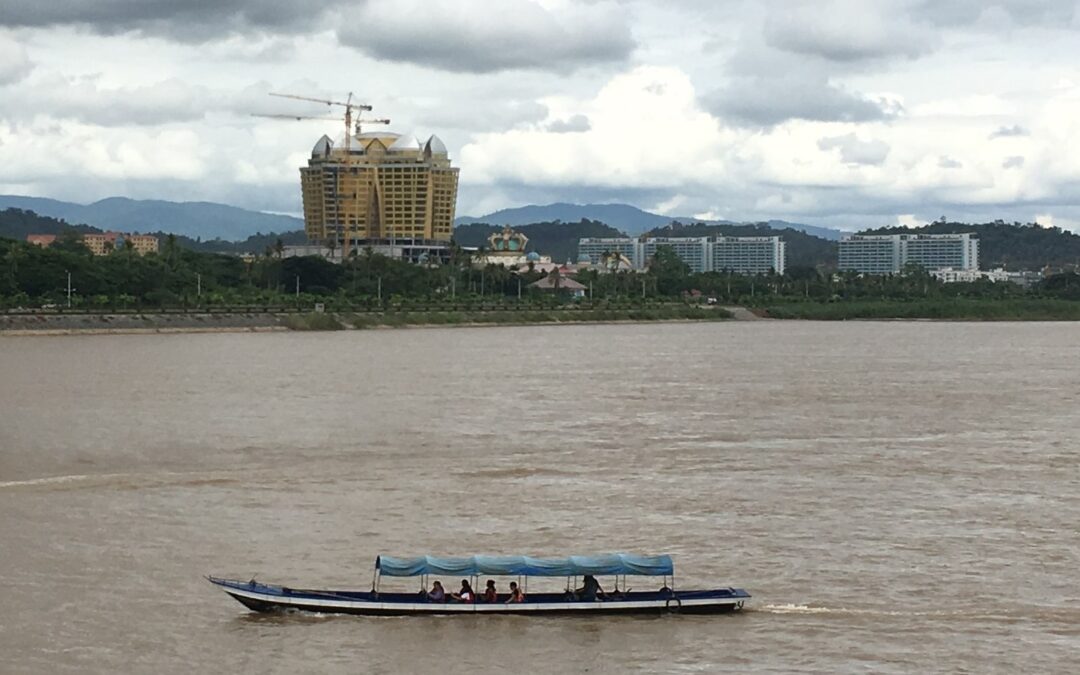

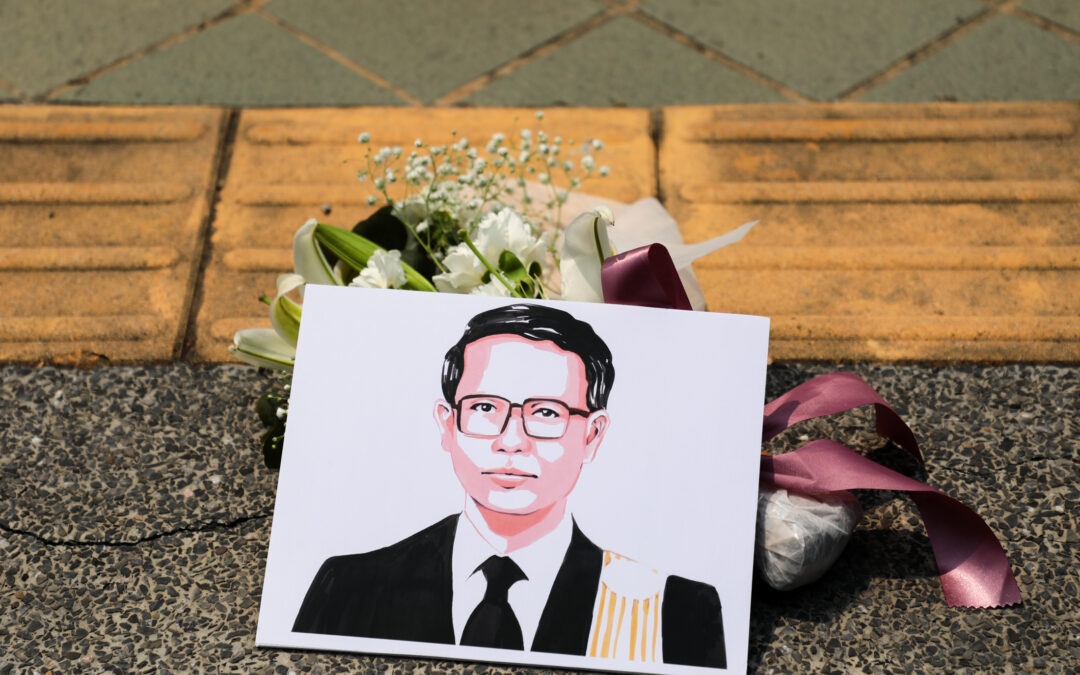
Thailand: ICJ calls for justice on 20th anniversary of Somchai Neelapaijit’s enforced disappearance
On 11 and 12 March 2024, the International Commission of Jurists (ICJ) co-hosted a forum titled, “Enforced Justice Instead of Disappearances” to commemorate the 20th anniversary of the enforced disappearance of prominent lawyer and human rights defender Somchai...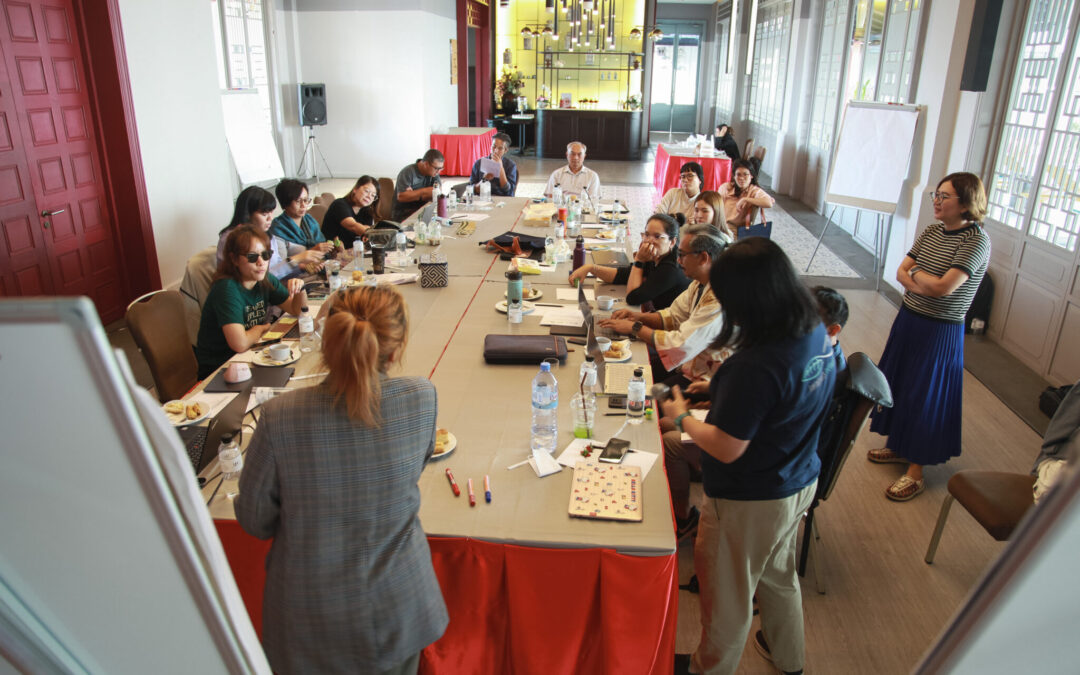
Thailand: regulatory framework to ensure Thai companies’ accountability for human rights abuses abroad needed
On 21-22 February 2024, the International Commission of Jurists (ICJ), in cooperation with the Extra-Territorial Obligation Watch Coalition (ETO Watch Coalition) and the Foundation for the Environment and Natural Resources, organized a workshop with members of civil...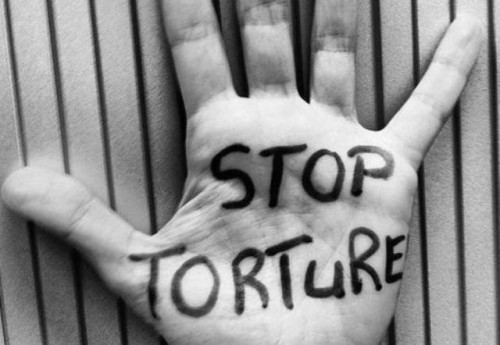
Thailand: One year on, authorities have fallen short in implementing the landmark Anti-torture and Enforced Disappearance Act
As Thailand marks today the first anniversary of the entry into force of the groundbreaking Prevention and Suppression of Torture and Enforced Disappearance Act, the International Commission of Jurists (ICJ) calls on the Thai authorities to do much more to make its...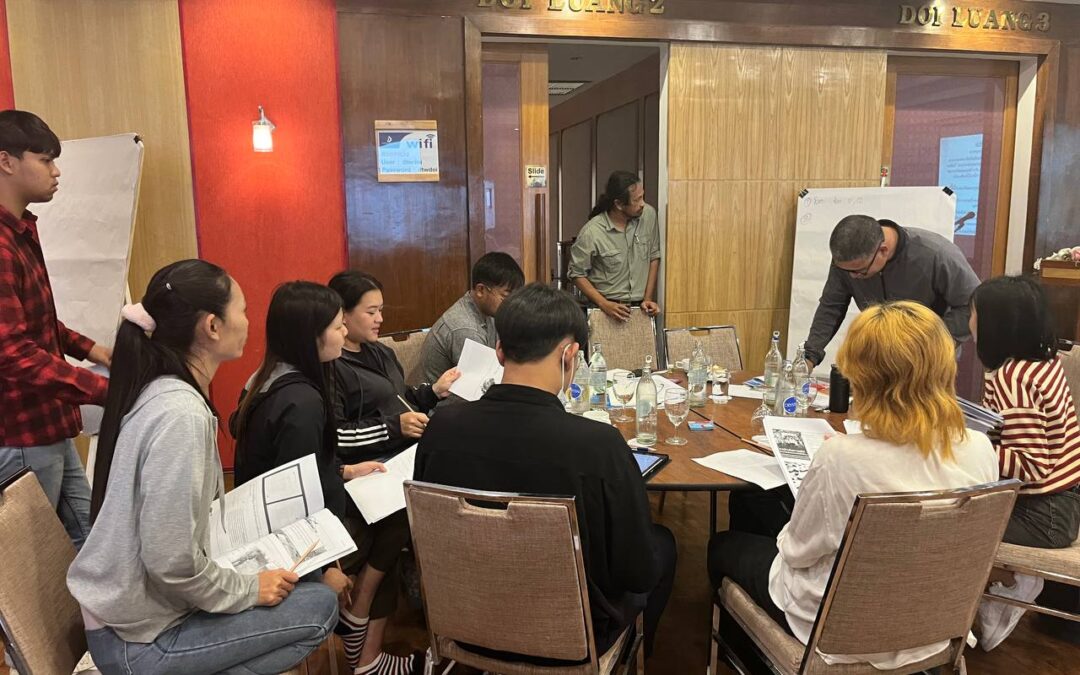
Thailand: Human rights defenders and experts from across the country strategize to better protect land rights
On 15-16 January 2024, the International Commission of Jurists (ICJ), in cooperation with ARTICLE 19, organized a workshop in the province of Chiang Mai where over two dozen civil society actors and human rights defenders considered how to invoke and apply international law and standards related to land. The goal was to advocate for better protection of the human rights of affected individuals and communities across Thailand.
“Access to, use of, and control over land can have direct and indirect implications for the enjoyment of a range of human rights, particularly those under the International Covenant on the Economic, Social and Cultural Rights (ICESCR) to which Thailand is a party,” said Seree Nonthasoot, Member of the United Nations Committee on Economic, Social, and Cultural Rights (CESCR).
Thailand has a long-standing track record of failing to meet its human rights obligations related to land, especially concerning Indigenous Peoples, peasants, and other traditional communities, many of which have a material and spiritual relationship with their ancestral lands. Violations include the failure to ensure the security of tenure and meaningful and effective participation of communities in land-related decision-making processes.
Large-scale forced evictions conducted in violation of international law, inadequate and inconsistent compensation provided to affected communities and individuals due to land-related policies, and displacement of entire communities that are consequently struggling to access livelihoods without adequate support from the State have also been reported.
“When the social, cultural, spiritual, economic, environmental, and political value of land for communities is systematically disregarded by domestic law, international law and standards become important tools for victims and civil society to use in their advocacy for the protection of human rights. International mechanisms also offer crucial avenues for exposing serious human rights violations and seeking accountability,” added Sanhawan Srisod, ICJ’s Legal Adviser.
The workshop aimed to build participants’ documentation skills, strengthen their advocacy and promote networking. Further, the training explored different approaches and the benefits of engaging with UN human rights mechanisms for the protection of human rights in relation to land. The workshop provided a space for participants to discuss how civil society actors can utilize the outputs of these mechanisms in their activities, as well as how to effectively communicate with such mechanisms to ensure that their engagement is strategic and productive.
Background
Speakers included:
- Pairoj Ponpesh, Adviser, National Human Rights Commission of Thailand
- Pratubjit Neelapaijit, National Human Rights Officer, OHCHR’s Regional Office for Southeast Asia
- Sanhawan Srisod, Legal Adviser, ICJ
- Seree Nonthasoot, Member of the United Nations Committee on Economic, Social, and Cultural Rights
Unofficial translations of key CESCR’s jurisprudences into Thai were also provided and shared with the participants. These included:
- General Comment No. 4 on the Right to Adequate Housing
- General Comment No. 7 on the Right to Adequate Housing: Forced Evictions
- General Comment No. 24 on State Obligations under the ICESCR in the Context of Business Activities
- General Comment No. 26 on Land and Economic, Social, and Cultural Rights
For more information regarding the legal framework, policies, and practices related to land in the context of the establishment and development of special economic zones (SEZs) against international law and standards, available in English and Thai.
Contact:
Sanhawan Srisod, Associate International Legal Adviser, ICJ Asia Pacific Programme; e: sanhawan.srisod@icj.org




